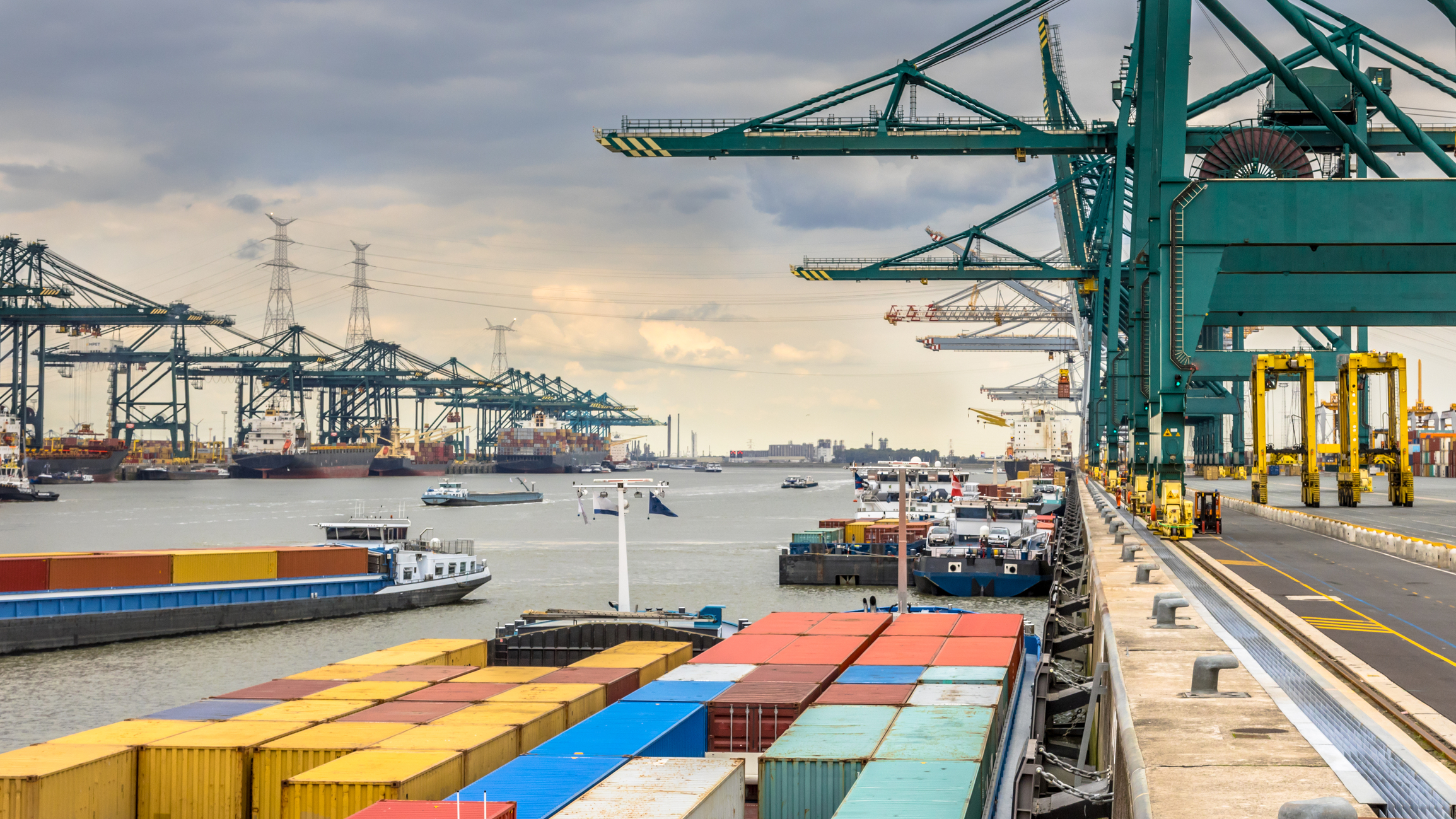According to international analysts, the American sanctions may cause a temporary increase in oil prices, due to concerns about the flow of Russian crude, however it is estimated that the oversupply and high reserves of “black gold” will keep the market in relative balance.
At the time of the article’s writing, the price of Brent oil was set at $66.4 per barrel, while that of American crude (Crude Oil) at $62.
One month earlier, Brent was trading at $63.6 per barrel and Crude Oil at $60.7 per barrel, thus recording a mild upward trend in the price trajectory.
However, the American decision against Russian oil producers comes at a time when the freight rates for crude oil tankers are already high.
According to the Baltic Exchange, spot prices for VLCCs averaged $74,843 on Thursday, with suezmax prices rising to $67,081 per day and aframax prices at $51,367 per day.
According to an estimate by the Swiss bank UBS, Brent crude oil prices will remain in the $60-70 per barrel range, adding that previous sanctions had little effect on the volumes of Russian exports, as the oil continued to move through alternative channels.
According to Jefferies analyst Omar Nokta, “the latest development is positive for tankers, as it further expands the fleet that complies with regulations.”
Russia exported approximately 7.3 million barrels per day in August, which translates to about 7% of global consumption of crude and refined fuels, according to the International Energy Agency.
At the same time, commercial sources reported to the Reuters agency that this decision led the two largest buyers of black gold, China and India, to readjust their stance.
They even pointed out that major Chinese state oil companies, such as Sinopec, CNOOC and PetroChina, have already suspended purchases of Russian oil transported by sea, while India is also set to proceed with similar drastic reductions.
For his part, Kremlin spokesman Dmitry Peskov stressed that Russia will examine the recent Western sanctions and will act according to its interests, while it was announced that Russian President Vladimir Putin had already had a telephone conversation with the President of Azerbaijan Ilham Aliyev, to deepen trade and economic ties.
At the same time, Washington warned that violations of the sanctions could incur civil or criminal liabilities even for foreign individuals or legal entities connected to the two Russian companies and their subsidiaries.
OFAC emphasizes that the removal of companies or individuals from the official list of persons and entities that have been placed under sanctions by the United States government, through the Office of Foreign Assets Control (OFAC) of the Department of the Treasury, can be considered if compliance with the international regime is proven.
The two energy giants have now been designated as “blocked entities” under Executive Order 14024, which allows for the imposition of sanctions on individuals and organizations that contribute to the Russian military-industrial base.
According to the official announcement, all assets and interests of Rosneft and Lukoil that are located within the United States or are in the possession or control of US persons are blocked immediately and must be reported to OFAC.
Simultaneously, all companies that are owned 50% or more by the aforementioned entities are also blocked.





